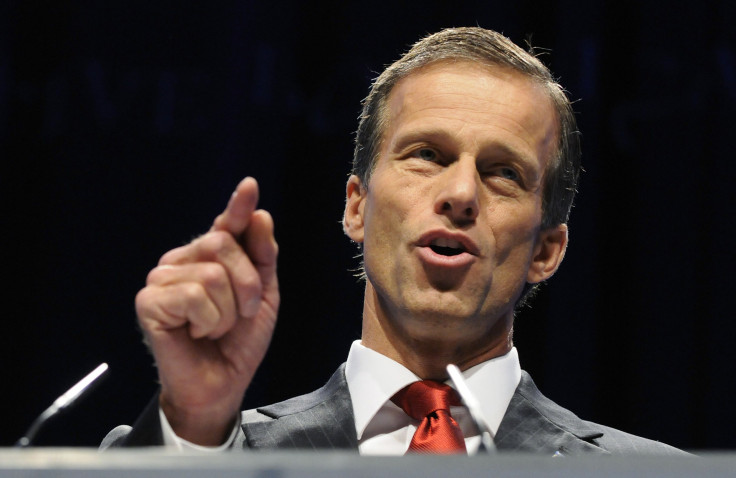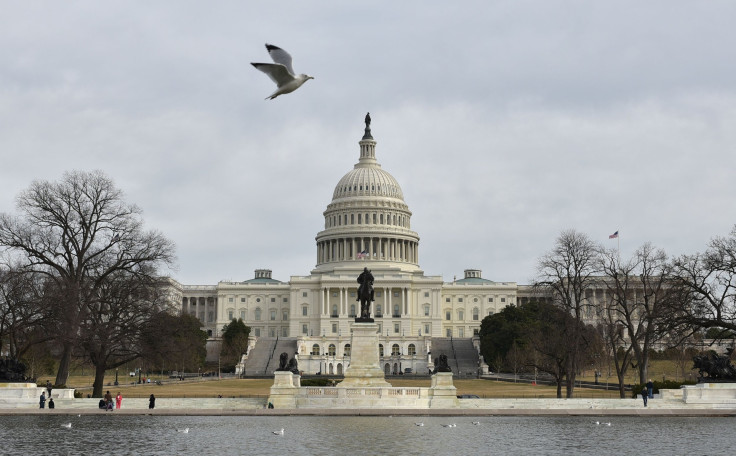Another Government Shutdown Could Be In The Wings
KEY POINTS
- Senators need to overcome hurdles to keep the government open
- The House passed the necessary measures in a broad bipartisan fashion
- The last federal government shutdown was in December 2019
Despite support from conservative and left-leaning groups alike, squabbling over the National Defense Authorization Act and a stop-gap continuing resolution could shut down the federal government, Senate statements suggest.
With broad support, the House of Representatives on Tuesday passed the $740 billion National Defense Authorization Act in a 335-78 vote, showing even some moderate Republicans supported the bill.
The clear margin means the bill passed in the House is protected from a veto threat from President Donald Trump, who wanted to spike the bill unless it removed liability protections for social media companies.
The NDAA would secure pay raises for U.S. military enlistees for hazard pay and provide support for other crucial military spending items. A continuing resolution to keep the government open through Dec. 18 also passed in the House this week.
The government is operating on a previous continuing resolution that is set to expire Friday.

It’s a different story in the Senate. Sen. John Thune, R-N.D., the second-ranking Republican in the Senate, indicated there were multiple obstacles to getting anything passed in time to avoid a government shutdown.
According to reporting Thursday from The Hill, Sen. Rand Paul, R-Ky., is reluctant to pass the NDAA because it would limit what Trump can do on troop levels in Afghanistan. Sen. Bernie Sanders, an independent from Vermont, is opposed to a continuing resolution without a vote on another round of stimulus.
"This is clearly not just one side that takes advantage of these moments, but I always think it's unfortunate,” Sen. Roy Blunt, R-Mo., was quoted as saying. “We've got our work to do, we all know we need to get it done, it seldom produces a result that a member thinks it's going to produce.”
The NDAA in particular seems to have bipartisan support outside the Capitol. The Heritage Foundation, a conservative think tank, said the NDAA as drafted includes $2.2 billion to build up a military containment strategy against China.
“The bill, which has passed every single year since 1962, demonstrates congressional commitment to our troops’ mission,” it stated Wednesday.
From the left, the pro-union AFL-CIO said the measure would keep the manufacturing sector alive with aerospace and other defense contracts. Last week, Timothy Fiore, the chairman of the Institute for Supply Management, said the manufacturing sector was thriving relative to other economic segments, “but absenteeism, short-term shutdowns to sanitize facilities and difficulties in returning and hiring workers are causing strains that will likely limit future manufacturing growth potential.”
Thune, meanwhile, said that without a Friday vote, there will be “a temporary shutdown.”
A federal shutdown would keep essential services that protect human life and public health operating, though issues like federal loan processing and unemployment would be impacted.
The last government shutdown was in December 2019.

© Copyright IBTimes 2024. All rights reserved.





















